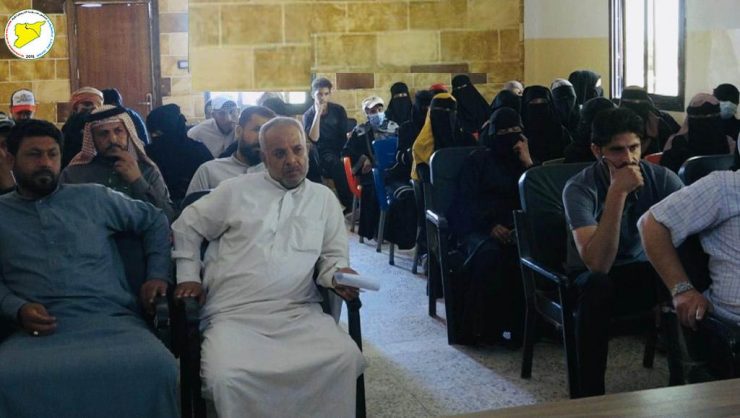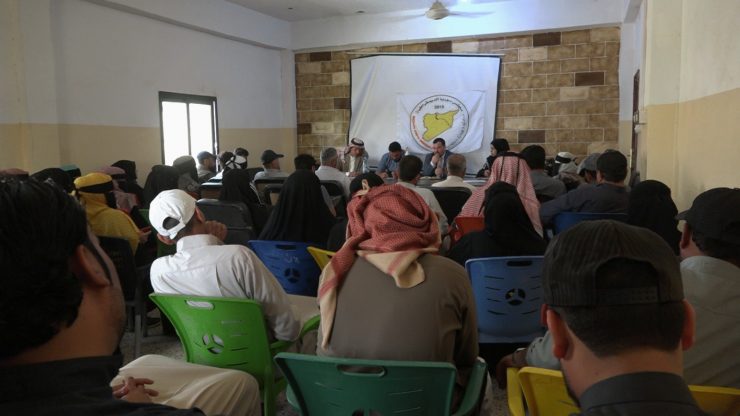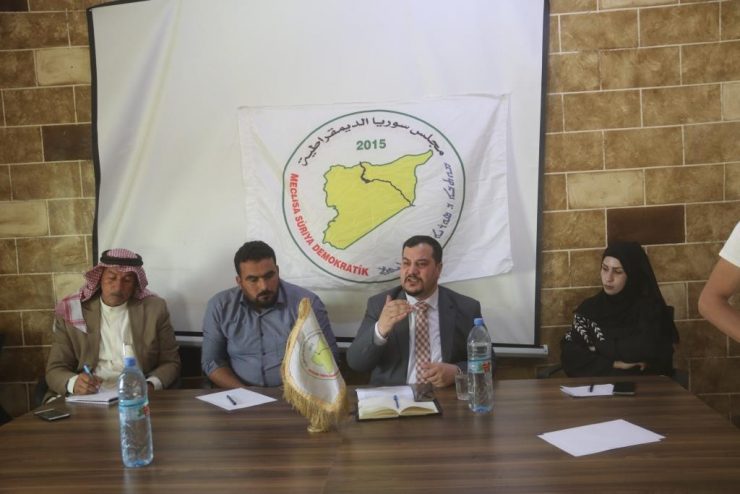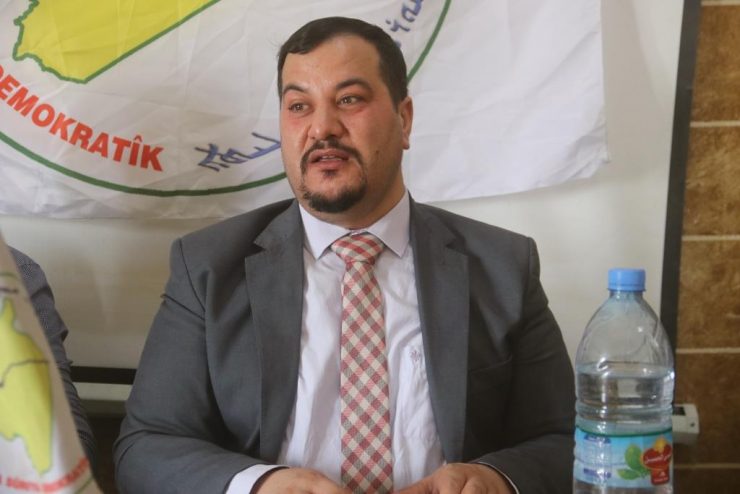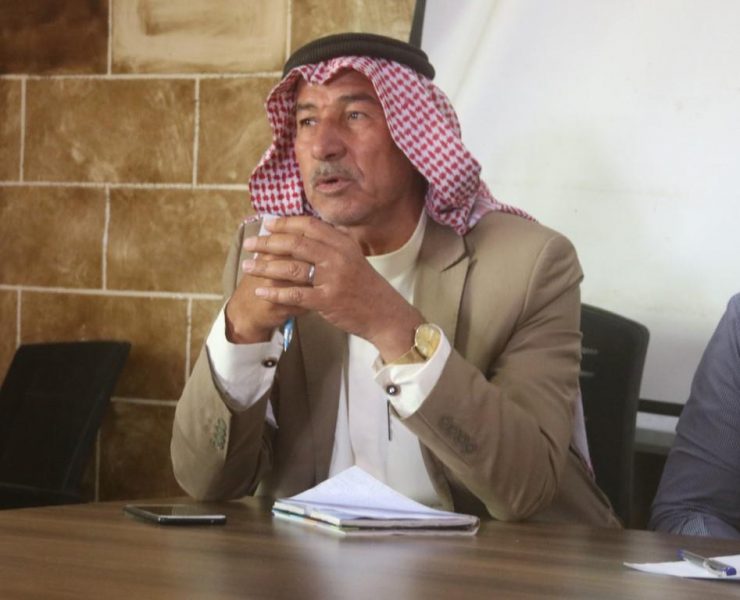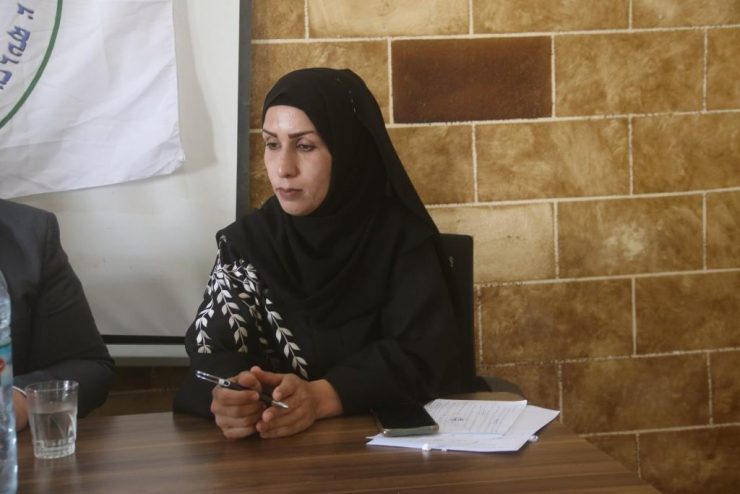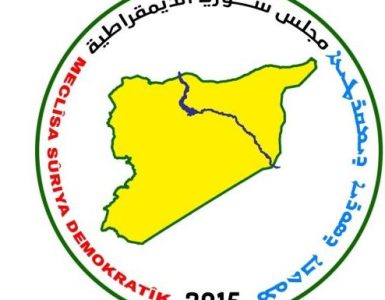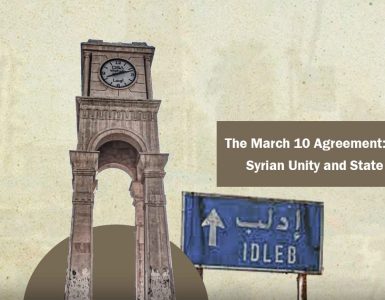During a symposium held yesterday, a number of national figures urged the Syrian community to promote the concept of inclusive national identity. The symposium was attended by tribal elders, intellectuals, politicians, and individuals interested in public affairs in Hajeen district, located in the eastern countryside of Deir ez-Zor.
This symposium was the second one organized by the Committee for Relations of the Syrian Democratic Council in Deir ez-Zor, titled “The Concept of Inclusive National Identity, Challenges and Enhancing Mechanisms”.
Anas Al-Marfua, a member of the committee, discussed the concept of the inclusive Syrian identity and its foundations, which represent a realistic resolution for the current political conflicts. He called for the strengthening of this concept as it serves as a means to overcome the tragic situation faced by the Syrian people, countering attempts of marginalization and exclusion.
Al-Marfua also emphasized the role that each segment of society should play, whether youth, elders, tribal leaders, women, or intellectuals, in which it should be assumed in promoting social cohesion, being prepared for challenges, and confronting divisions.
The symposium had two main themes. The first theme was the concept of inclusive national identity, while the second one focused on decentralization and the prospects of a Syrian resolution. Participants highlighted that ensuring national identity can be through democracy, which upholds principles of justice, equality, non-discrimination, equal opportunities, and the preservation of rights.
Asad Al-Dakheel, the Co-chair of the Council of Advisors, mentioned steps to enhance this concept, including linking identity to achievements and fostering trust among different components of the Syrian people.
Sheikh Hawas Al-Jassem Abu Kasar, a notable of Al-Baghouz, considered that certain measures hinder the integration of Syrians, such as “the newcomer card” imposed by the Syrian reality, which poses an obstacle to the concept of inclusive Syrian national identity.
Yousef Al-Obaid, one of the tribal notables in Hajeen, called for increasing trust and strengthening the connection between the people and the territory by the utilization and support of projects.
On the other hand, Muhammad Al-Askar, the head of the Bureau of the Democratic Union Party, addressed the challenges facing national identity, such as Turkish occupation, Iranian presence, and the Lebanese Hezbollah militia.
Ahad Al-Mukhtar, a member of the Syrian Future Party, discussed mechanisms to enhance the concept of the inclusive Syrian national identity, emphasizing the activation of the role of intellectuals and academics and focusing on the media aspect.
It is worth mentioning that the Committee for Relations of the Syrian Democratic Council organized a similar symposium last week in the town of Al-Basira in the eastern countryside, discussing the same topics and the role of intellectuals, where participants emphasized the importance of strengthening national identity and the contribution of tribal members in the reconstruction and liberation, with the aim of northeastern Syria would have a nationalism that can spread to prevail in the entire Syrian nation.
In conclusion, the audience of both symposiums called on the Syrian political parties to overcome their differences and come up with a sustainable Syrian political resolution. They emphasized the importance of establishing possible and robust paths, as well as promoting the values of consensus, coexistence, and meeting the aspirations of the masses.
The committee is planning a series of activities in collaboration with political parties and civil society institutions to strengthen the concept of inclusive national identity among the people of the region. The aim is to increase awareness and solidarity of residents with the project of the Autonomous Administration.


